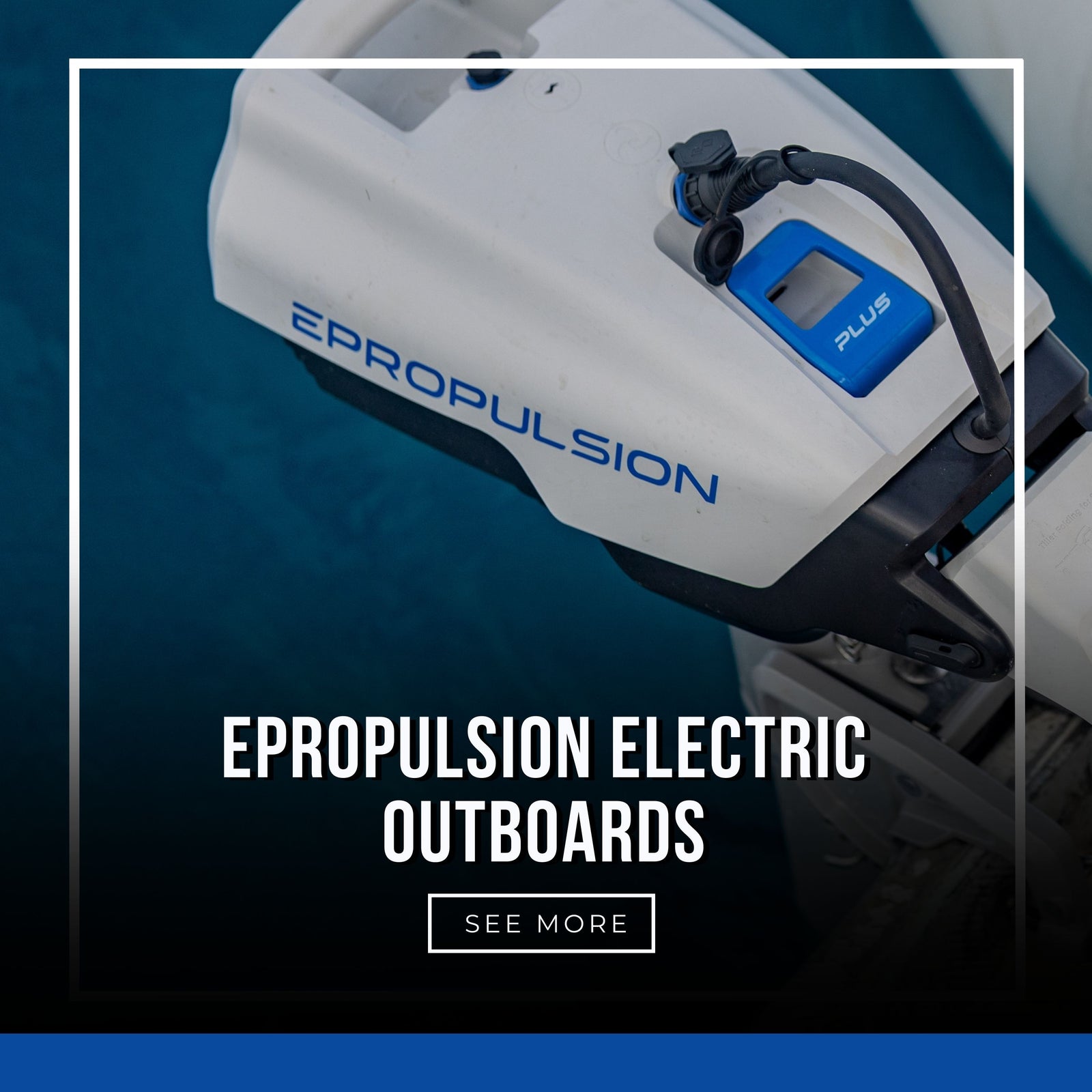Your Cart is Empty
Reliable Lithium Battery Charger for Marine & Portable Use
Power up with confidence using TBNation’s collection of lithium battery chargers—built to deliver reliable, fast, and safe charging for your marine and portable battery needs. Whether you need a boat battery charger for your time on the water or a portable battery charger for versatile power on the go, we have you covered. Each lithium battery charger in our lineup is engineered to properly manage your lithium-ion battery charge, ensuring longer life and peak performance for your system. For complete performance and reliability, pair your charger with our trusted boat build parts to keep your rig running strong from dock to destination.
Read MoreFAQ
-
No, it's essential to use a charger specifically designed for lithium-ion batteries. Regular chargers, such as those intended for lead-acid batteries, may not have the correct voltage and current settings, potentially leading to undercharging, overcharging, or even damaging the lithium battery. Always ensure your charger is compatible with your battery's chemistry and voltage requirements.
-
While many modern lithium battery chargers have safety features to prevent overcharging, it's generally not recommended to leave your battery connected indefinitely. Continuous charging can lead to battery degradation over time. It's best to disconnect the charger once the battery is fully charged and periodically check the battery's charge level during storage.
-
Charging lithium batteries in cold temperatures can be challenging. Most lithium batteries and chargers remain stable if the temperature is above freezing and below 150 degrees Fahrenheit. It's advisable to charge your lithium battery in a climate-controlled environment to ensure safety and optimal performance.
-
Yes, portable lithium battery chargers can be suitable for marine use, provided they are designed to withstand marine environments. Look for chargers that are waterproof, corrosion-resistant, and have robust construction to handle the rigors of marine conditions. Additionally, ensure the charger's specifications match your battery's requirements for safe and efficient charging.






























